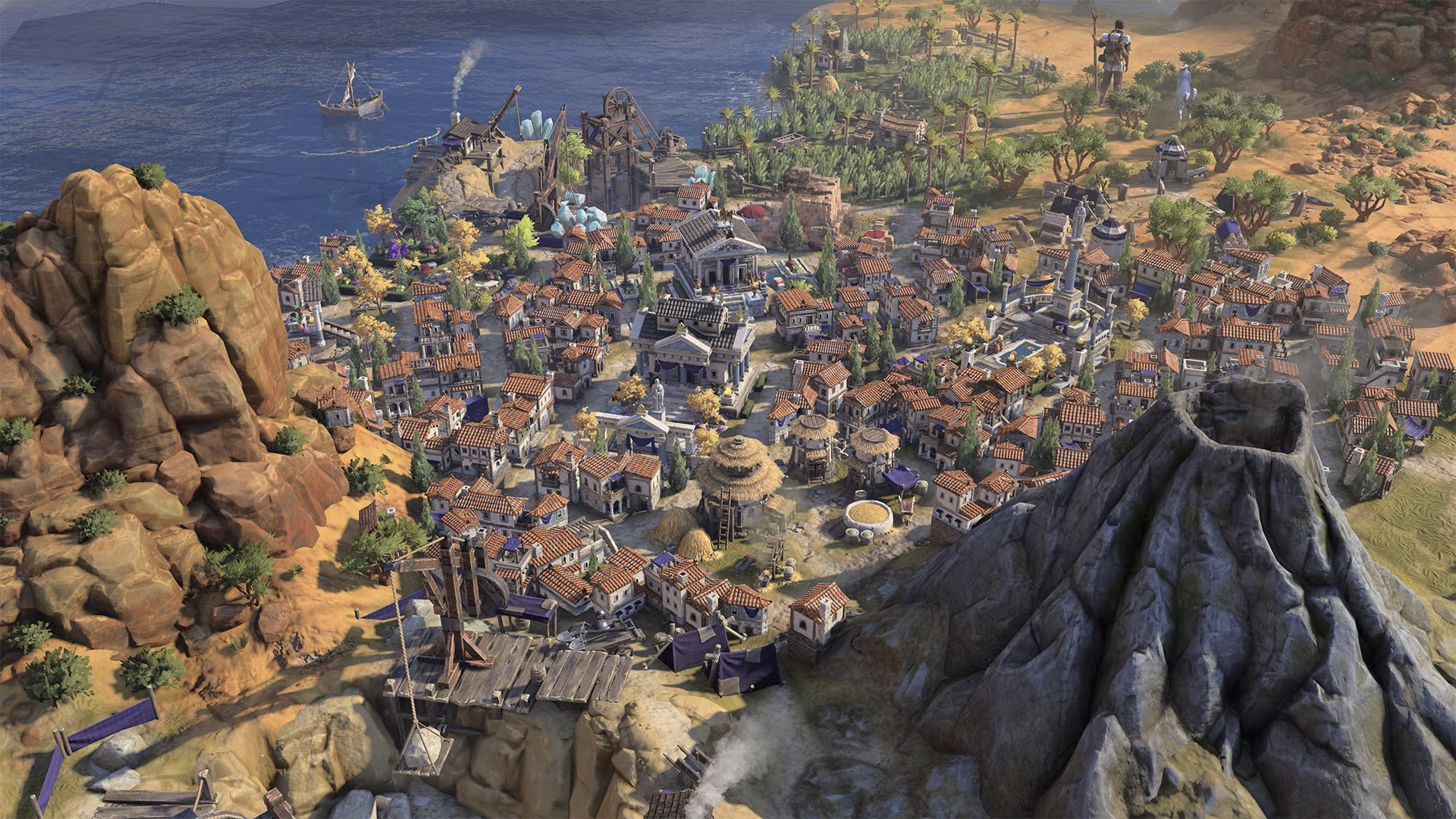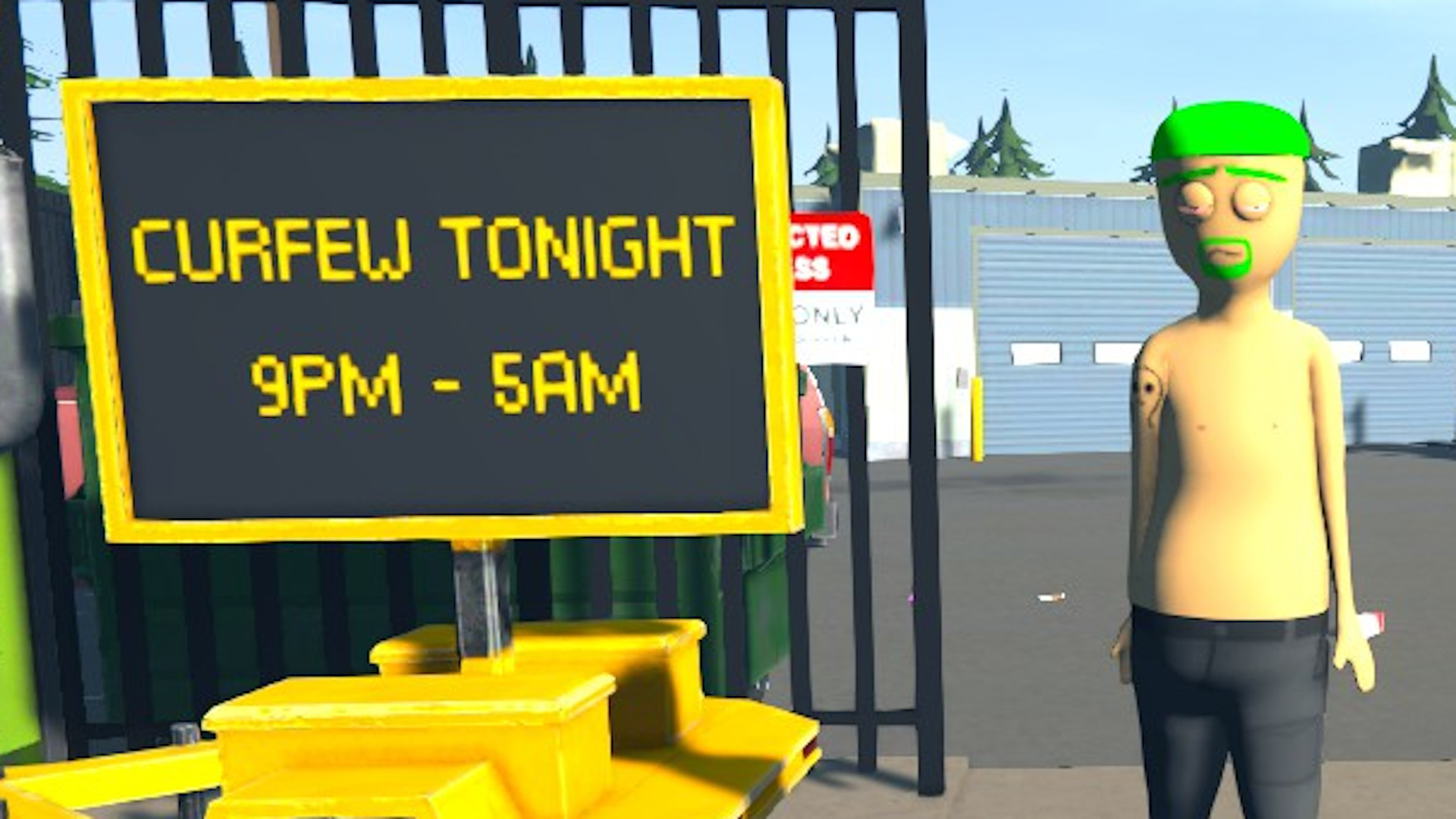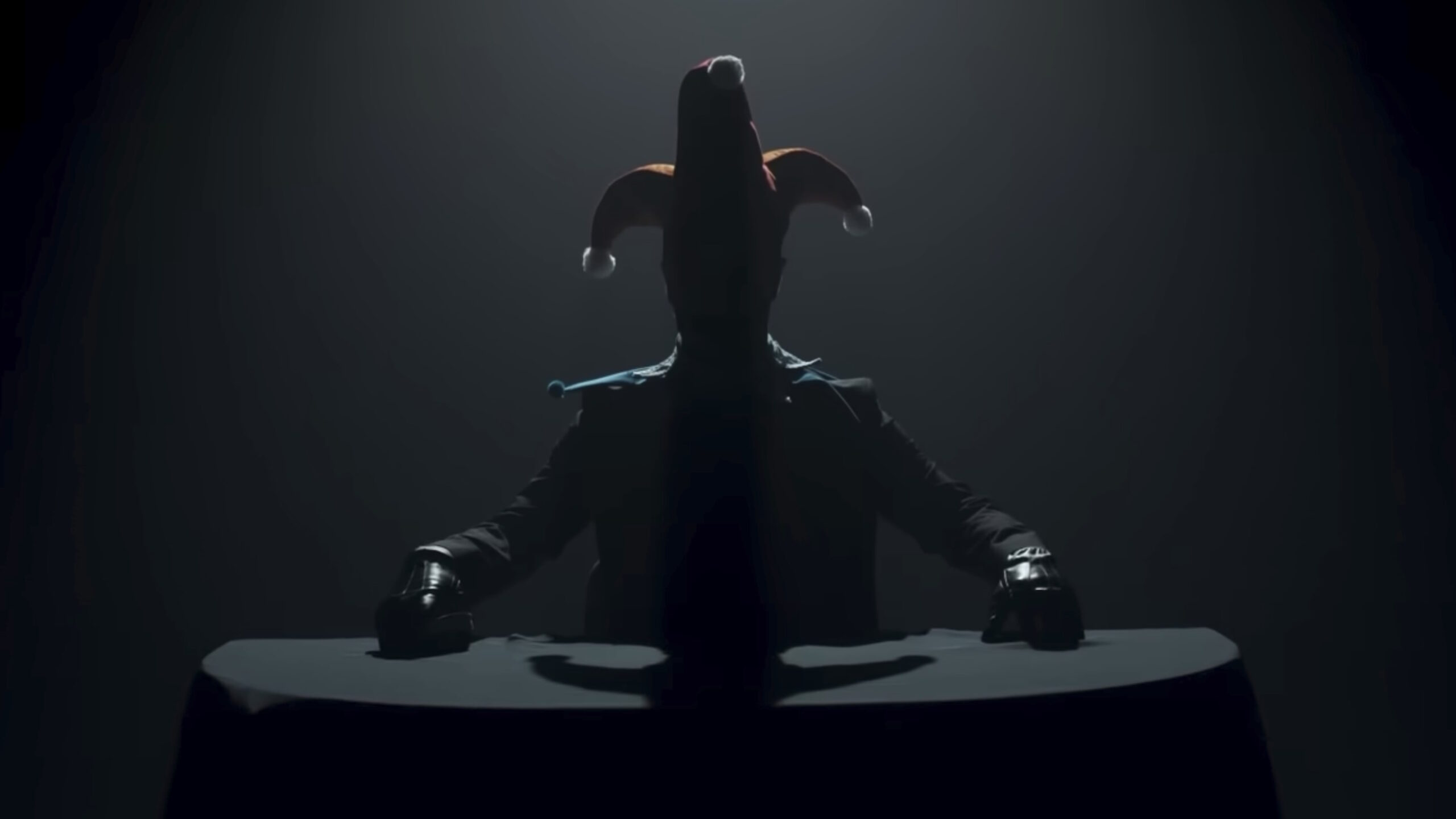With Civilization 6 about as stuffed with expansions as it can get, Firaxis is finally on the cusp of releasing the seventh numbered sequel in one of the longest running and most successful game series ever. Civilization 7 will be out in February.
Far from resting on its laurels, Firaxis is really mixing things up with Civ 7, introducing a new three-act structure that sees us pick new civs as we transition between ages—you might’ve seen a similar system in another recent grand strategy game, Humankind. That and other changes will be controversial among fans of the series, but whether they turn out to be for the better or worse, I’m glad Sid Meier’s gang of history nerds is still trying new things. (An argument also made by PC Gamer contributor Len Hafer recently.)
Here are all the important details about Civilization 7’s launch and new features.
When is the Civilization 7 release date?
The Civilization 7 release date is February 11, and it’s releasing simultaneously on Windows, Mac, Linux, and consoles with crossplay for multiplayer. The PC versions of Civ 7 are available on Steam and the Epic Games Store, and it will be Steam Deck compatible.
If you pre-purchase the Deluxe or Founders editions, you can start playing early on February 6.
What’s Civilization 7’s new “ages” system all about?
This is the really big change: A game of Civilization 7 is divided into three ages: Antiquity, Exploration, and Modern. You’ll pick a new civilization in each age, so while you might start as Egypt in Antiquity, you can end up ruling Spain during the Exploration Age, and then perhaps the French Empire in the Modern Age. You keep the same leader throughout, and leaders are thus no longer locked to their historical civilizations.
Before an age ends, all players experience a Crisis Event, which requires them to choose Crisis Policies—negative effects that make everything a little harder for the last handful of turns in an age. The good news is that, when the age ends and the next one begins, there’s a soft reset: wars end, you can move your capital, city states are refreshed, and more.
Firaxis hopes that this added structure will help more players complete full Civilization campaigns—it noticed that not many Civ 6 players see the end of the game—and I expect it to be the most controversial change. The developer has described the system in much more detail in this blog post.
What’s the critical appraisal so far?

As excited as we are for Civ 7—our council of experts voted it the most anticipated game of the moment—there’s also some trepidation. The gist of our most recent preview is that the ages system is genuinely transformative, but we haven’t quite decided yet whether or not we hope Civ 8 puts things back the way they were.
I’m one of the people Firaxis is talking about when they say we aren’t finishing games of Civ, and I have found that the promise of a soft reset between ages does motivate me to plow ahead rather than starting a new game whenever the micromanagement becomes too tedious. But the disruption of continuity also hinders the fantasy somewhat: It is arguably more realistic, but you lose the feeling that you’re guiding one civilization from the dawn of history all the way to the present day in a single epic narrative. I find it hard to complain much, though, since as established, I was hardly ever getting to the modern era in the first place.
Civilization 7 reviews will be published closer to its launch.
What Civ 7 leaders and civs have been confirmed?

Perhaps because leaders are no longer glued to the civilizations they hail from, Firaxis has gotten a little more playful with its selections for Civ 7, increasing the proportion of historical figures who weren’t rulers or heads of state, such as Niccolò Machiavelli and Harriet Tubman. Another big consequence of the ages system is that civs are now tied to the age in which they appear, so Egypt can only be played in the Antiquity Age, for instance.
Complete lists of the leaders and civilizations that have been announced so far are available on the official Civilization 7 website: list of leaders, list of civs.
What other notable changes does Civilization 7 make?
After I visited Firaxis last year and saw Civilization 7 for the first time, I wrote down all the big changes I noticed. I won’t reproduce that entire list here—there are a lot of changes, and I haven’t even seen everything—but here are some of the most important ones, excluding the ages system discussed above:
- Settlers now found towns rather than cities. Towns have no production queue, instead converting their productive capacity into gold. They can be converted into cities with gold, or can be kept as towns and given specializations. At the end of an age, cities other than your capital revert to towns.
- Workers are gone. Instead, whenever a settlement’s borders expand (settlement being the term used to refer to cities and towns collectively), you’re prompted to pick a new tile. Improvements like mines are automatically constructed on the tiles you select, and if they’re damaged they can be repaired in the settlement management screen.
- Settlements are divided into rural and urban tiles. The district system from Civ 6 has been simplified. Rural tiles have improvements like mines and plantations, while urban tiles can house two buildings.
- Regular units no longer get promotions. Instead, you now have military commanders who buff nearby units, can be used as personnel carriers, and can get new abilities through promotions.
- There’s a new currency called Influence which can be used for diplomacy, espionage, and sabotage.
- There are navigable rivers. Finally!
For more, Firaxis has gone pretty deep on some of Civ 7’s systems in its streams and dev diaries.











